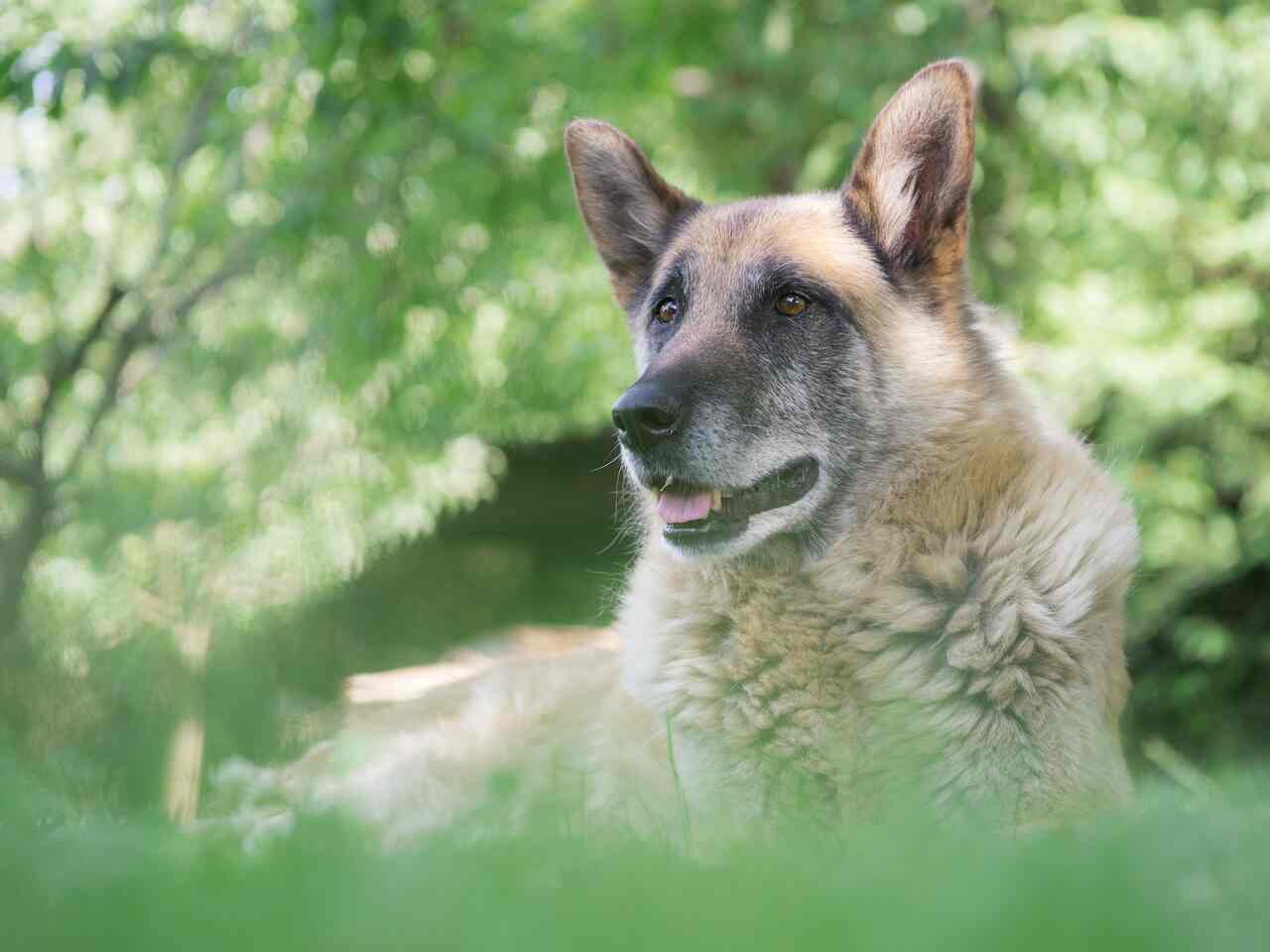
Pets are indeed living longer compared to the past. According to a publication by the Brazilian Society of Veterinary Geriatrics (SBGV), the life expectancy of large breed dogs, for example, has increased from seven to twelve years.
+ Hilarious video: Cat decides to practice boxing in a sensitive area of a little dog
+ Video: In slow motion, see how a dog’s tongue collects water
+ Hilarious Video: Fearless cat faces an attack of adorable golden retriever puppies
Several factors can contribute to this increased longevity, including better nutrition, regular visits to veterinarians, and improved comfort provided to the animals.
How to take care of elderly pets?
Nutrition should be tailored to each stage of life, including the senior years. Food specifically designed for older animals usually contains fewer calories, ensuring that the dog doesn’t overeat while staying satisfied and nourished. This helps prevent obesity, especially since it’s common for pets to become less active and their metabolism to slow down as they age.
“An example of care is the new True Senior pet food, specially formulated for older pets. It includes important components like chondroitin and glucosamine, which support joint health, and sodium hexametaphosphate, which helps reduce plaque and tartar buildup. These factors can lead to dental issues such as bad breath, gum inflammation, and even tooth loss,” explains André Romeiro, Brand Director at Petlove.
“Moreover, True is enriched with the Natural Complex, a unique natural compound rich in antioxidants to strengthen the immune system. It’s made with aloe vera, green tea, turmeric, rosemary, marigold, and seaweed. Another notable feature that pet owners should consider is that the product does not contain by-product meal, which has been replaced with real meat. This enhances the food’s palatability, making the pet more eager to eat.”
To prevent issues that might affect the well-being of your pet, providing regular healthcare, physical and mental activities, and consulting a trusted professional are crucial to their successful aging. Prevention and quick diagnosis can significantly extend your dog’s life expectancy.
Adapting your home’s layout can offer more comfort to your four-legged senior, raising water and food bowls, ensuring easy access to rooms, having ramps and low steps can reduce impact and enhance convenience. Providing physical and mental activities, attention, and most importantly, understanding your pet’s limitations are essential factors in caring for older pets.

